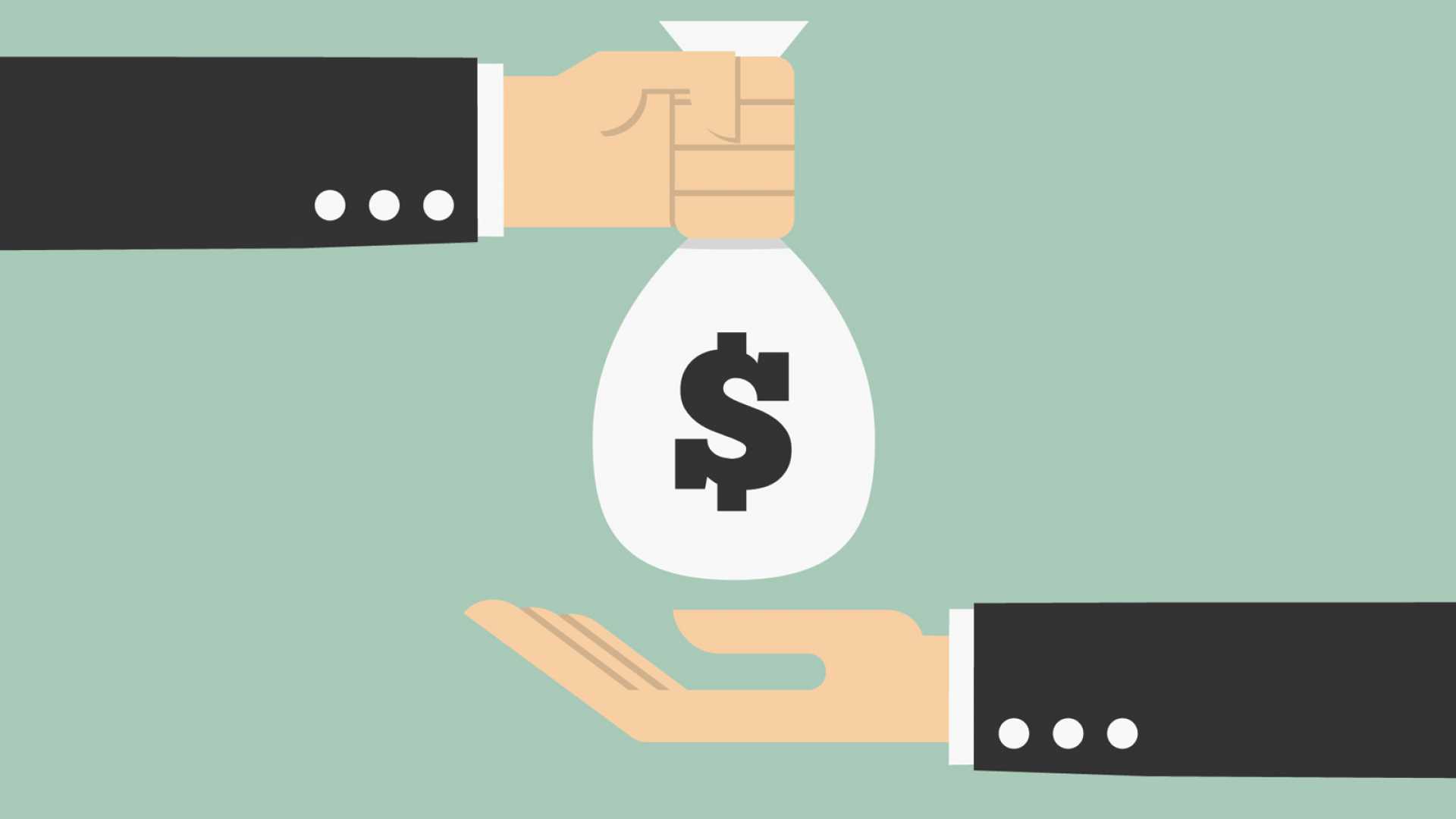Reveal Hidden Advantages of Pre Approval Student Loans for Students
Reveal Hidden Advantages of Pre Approval Student Loans for Students
Blog Article
The Duty of Debt Scores in Getting Local Business Loans for Business Owners
In the competitive landscape of entrepreneurship, securing a bank loan usually pivots on the essential element of credit rating. These scores act as a numerical depiction of a business owner's credit reliability, affecting lending institutions' choices and the terms used. A greater credit rating can open doors to favorable lending problems, while a reduced rating may offer considerable barriers. Yet, what exactly impacts these scores, and just how can business owners tactically improve them to improve their chances of safeguarding crucial funding? The response to these inquiries hold the secret to unlocking possible growth opportunities for tiny services.
Recognizing Credit Rating
Credit report are vital mathematical depictions of an individual's credit reliability, serving as an essential factor in monetary decision-making for lending institutions. These scores are originated from a thorough analysis of a person's credit rating, including facets such as payment history, credit usage, size of credit report, new charge account, and types of credit score used. Generally ranging from 300 to 850, higher scores represent lower danger to loan providers, while reduced ratings show greater danger.
The estimation of credit rating is accomplished by credit scores bureaus using proprietary algorithms, with the most widely recognized models being FICO and VantageScore. Each model may consider variables a little in different ways, yet they all purpose to give a regular procedure of debt threat. A solid credit history mirrors the individual's reliability in managing financial debt, making prompt repayments, and maintaining a healthy and balanced equilibrium between credit rating used and readily available debt.
It is necessary for individuals and service owners to recognize their credit report scores, as these figures can have far-reaching effects beyond individual money. On a regular basis keeping track of one's debt report, dealing with inaccuracies, and taking on audio monetary behaviors can significantly improve credit rating, therefore improving the person's total financial account and credit reliability.
Significance for Finance Approval
Understanding one's credit history is fundamental, as it plays a significant function in the process of financing approval for small companies. Lenders make use of credit history as a main metric to examine the credit reliability of candidates. A strong credit history suggests a background of liable economic actions, recommending to lenders that the applicant is likely to repay the funding promptly. Subsequently, a high credit report can considerably improve an entrepreneur's possibilities of protecting a finance with desirable terms, consisting of reduced rates of interest and more flexible settlement alternatives.
On the other hand, a low credit report might signify prospective risk, leading loan providers to either reject the loan application or enforce stricter conditions. This makes it important for business owners to be familiar with their credit history standing, as it directly impacts their capacity to gain access to resources. Additionally, credit history function as a standard step that makes it possible for loan providers to simplify their decision-making process, making sure performance and consistency. As little services often require timely accessibility to funds for development and sustainability, keeping a robust credit rating rating comes to be essential. Therefore, understanding and handling one's debt score is a vital element of getting ready for financing applications and achieving company success.
Elements Affecting Ratings
Several aspects contribute to the decision of a credit rating rating, each playing a critical duty in Recommended Site shaping an individual's credit rating account. A high proportion of utilized credit score to available credit report can recommend financial overextension, negatively influencing creditworthiness.
Length of debt history also aspects right into credit report calculations, with a longer credit rating usually seen more favorably. This metric offers insight into the individual's long-lasting monetary behavior, providing loan providers a wider point of view on their credit score monitoring abilities. In addition, the kinds of credit rating in operation are considered, as a mix of credit report accounts, such as rotating bank card and installment lendings, can demonstrate the capacity to take care of various financial obligations.
Lastly, recent credit rating inquiries might affect scores (pre approval student loans). Frequent applications for brand-new debt can show economic distress, therefore negatively influencing the rating. Each of these components is crucial in the extensive evaluation of a credit score, impacting a business owner's capability to protect a bank loan
Improving Your Debt Rating
Increasing one's credit history belongs to supporting a garden; mindful interest to key areas can yield considerable improvements. To start, ensuring timely payments on all credit score accounts is important. Payment history comprises a substantial part of a credit scores rating; thus, establishing automated settlements or pointers can help preserve uniformity. Additionally, minimizing financial debt levels is vital. High credit use ratios, or the amount of debt used family member to the credit limitation, can adversely affect ratings. Purpose to keep usage below 30% of overall offered credit.

Finally, maintaining older credit history accounts can favorably influence the average age of credit scores, which is another factor in racking up versions. While new credit history queries should be minimized to stay clear of momentary score dips, responsible credit monitoring gradually will naturally result in rack up enhancement, thus enhancing qualification for beneficial bank loan terms.
Alternate Financing Choices
Navigating the globe of little business funding frequently calls for discovering alternate choices beyond traditional small business loan. Business owners with less-than-ideal credit history might discover these choices not only extra easily accessible but likewise customized to their distinct organization needs. Amongst one of the most prominent alternatives are online lending institutions, which have proliferated recently. These systems usually supply quicker authorization procedures and more versatile terms than standard financial institutions, frequently taking into find more consideration factors beyond credit history, such as service efficiency and capital.
In addition, microloans, typically offered by not-for-profit companies, cater to tiny services and start-ups. They supply smaller financing amounts with reduced rate of interest rates, making them ideal for business owners who call for limited resources.
Invoice funding and vendor cash developments are also worth taking into consideration. The former entails offering outstanding invoices to a lending institution at a discount rate, while the latter provides a breakthrough on future sales. Both options can boost cash circulation without the stringent credit demands of traditional financings.
Final Thought

These ratings are obtained from a thorough analysis of an individual's credit scores background, encompassing elements such as settlement history, credit use, size of credit report background, new credit score accounts, and types of credit report used (pre approval student loans). A strong credit report rating reflects the person's reliability in handling financial debt, making prompt payments, and preserving a healthy and balanced equilibrium in between debt made use of and available credit score

Report this page